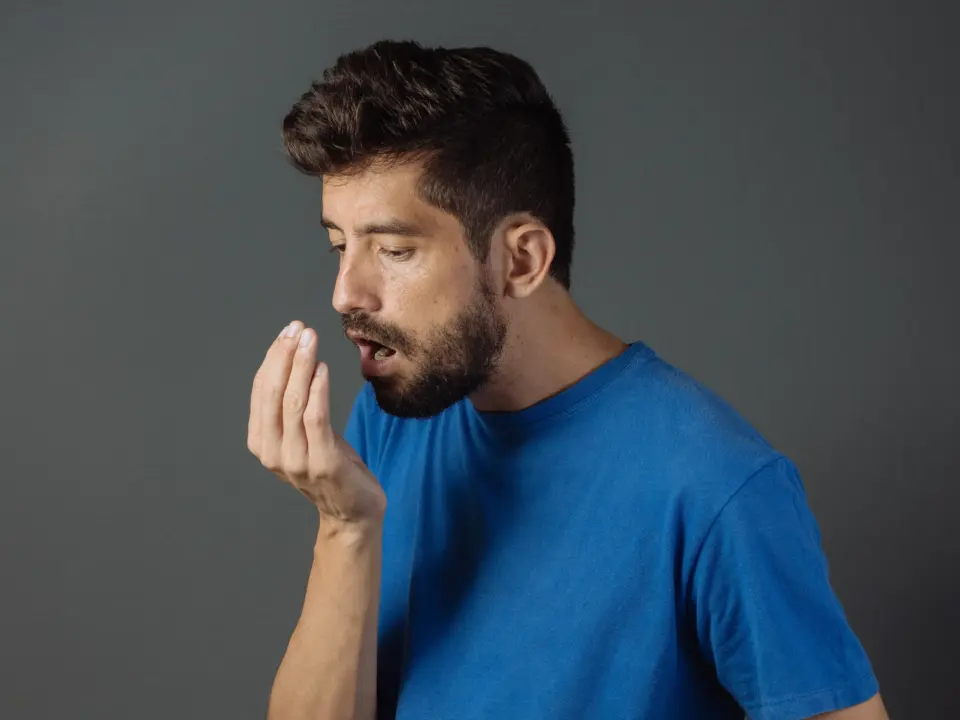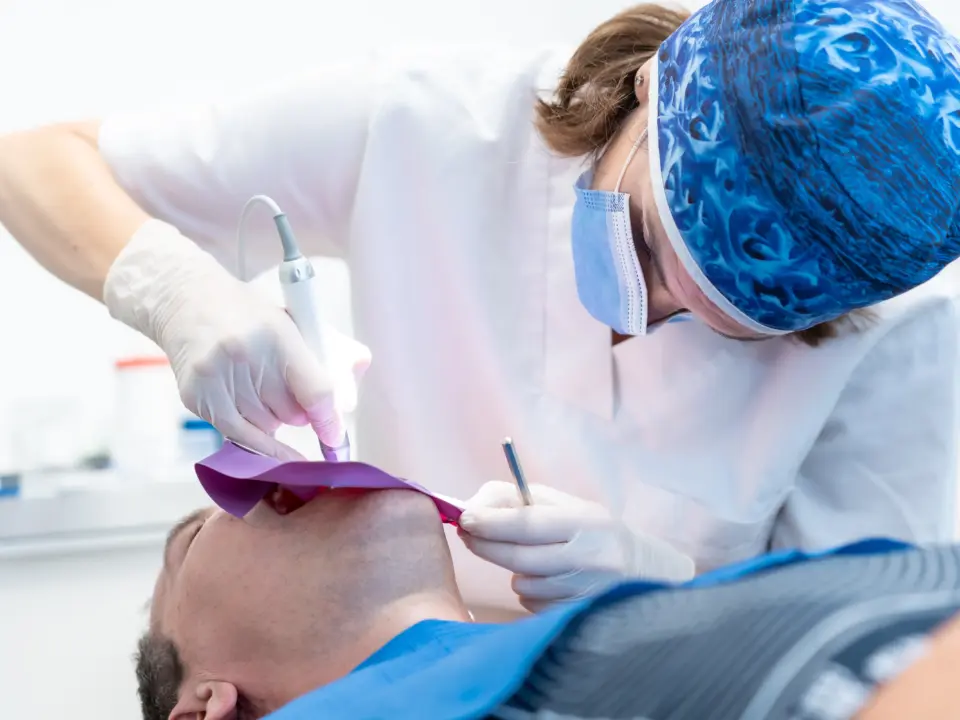
Is Chewing Gum Good or Bad for Your Teeth?
April 23, 2025
Dental Sealants and How They Help Stop Children’s Cavities
May 23, 2025Sleep apnea is a common sleep disorder, yet many people who have it don’t even realize it. It occurs when your breathing repeatedly stops and starts while you sleep. These interruptions occur because muscles relax in your throat, blocking your upper airway. Realizing the signs of sleep apnea early on can prevent serious health issues like high blood pressure, heart attack, and more.
Here are eight common signs of sleep apnea that you should watch for:
1. Loud Snoring
One of the most noticeable indicators of sleep apnea is loud snoring. Snoring itself isn’t unusual, but if your snoring is extremely loud and persistent, it could mean you have sleep apnea. Your family or partner might comment on how loudly you snore or even record your snoring to help you understand the severity.
2. Choking or Gasping During Sleep
People with sleep apnea often experience choking or gasping sensations during sleep. This occurs when your throat muscles relax too much, causing your airway to close or narrow. This blockage makes you briefly wake up gasping for air, even if you don’t remember it happening the next morning.
3. Daytime Drowsiness
If you constantly feel tired during the day despite getting enough hours of sleep, you might have sleep apnea. Daytime drowsiness occurs because the frequent interruptions in breathing prevent deep, restful sleep. This can result in difficulties staying awake at work, behind the wheel, or even during casual activities.
4. Morning Headaches
Waking up often with a headache is another symptom of sleep apnea. These headaches occur because your blood oxygen levels drop when breathing is disrupted throughout the night. The lack of oxygen can cause vessels in your head to expand, leading to morning headaches.

5. High Blood Pressure
Sleep apnea increases your risk of high blood pressure. When your breathing pauses repeatedly during the night, your body becomes stressed, and this stress can increase blood pressure levels. Over time, this can significantly increase your risk of having a heart attack or other heart-related issues.
6. Frequent Nighttime Awakening
Even though you might not realize it, sleep apnea often causes you to wake up multiple times at night. These awakenings happen when your breathing stops and your body forces you to wake up briefly to reopen your airway. Because these awakenings are usually short, you might not remember them, but they severely affect the quality of your sleep.
7. Irritability and Difficulty Concentrating
Poor sleep quality from sleep apnea can also affect your mood and mental clarity. You might find yourself feeling more irritable or having trouble focusing on daily tasks. These issues are often mistakenly blamed on stress or workload, making sleep apnea harder to detect without careful attention to your overall health and sleep patterns.
8. Dry Mouth or Sore Throat When Waking
Many individuals with sleep apnea often wake up with a dry mouth or sore throat. This happens because people with sleep apnea tend to breathe through their mouths during sleep as their bodies try to bypass the blocked airway. This mouth-breathing can dry out the mouth and throat, causing discomfort upon waking.
When to Seek Medical Advice
If you’re experiencing several of these signs regularly, it’s important to seek medical advice. A healthcare provider will likely recommend undergoing a sleep study. A sleep study is a straightforward and painless test that involves overnight monitoring of your breathing patterns, heart rate, blood oxygen levels, and sleep stages. This test will identify if you have sleep apnea and how severe it might be. Early diagnosis and treatment can significantly decrease your risks of long-term health problems like heart attacks, strokes, and other complications related to obstructive sleep apnea. Don’t hesitate to discuss your symptoms with your doctor; getting a diagnosis is the first step towards healthier, more restful sleep.
Can Sleep Apnea Be Cured?
While sleep apnea generally can’t be permanently cured, it can be very effectively managed. Various treatments are available depending on the severity of your condition. Common treatment options include CPAP (continuous positive airway pressure) therapy, dental appliances to help keep your airway open, lifestyle changes like weight loss and reduced alcohol consumption, and surgery in severe cases. With proper treatment, those with sleep apnea can significantly reduce symptoms and associated health risks, greatly improving their quality of life.
Taking Control of Your Sleep Health
Sleep apnea is a serious but manageable condition. Knowing the signs of sleep apnea helps you identify it early, ensuring you get the treatment you need to live a healthier and more rested life. At Knox Mountain Dentistry, we screen every patient for signs of obstructive sleep apnea (OSA) and sleep-disordered breathing (SDB), helping you stay proactive about your health.



